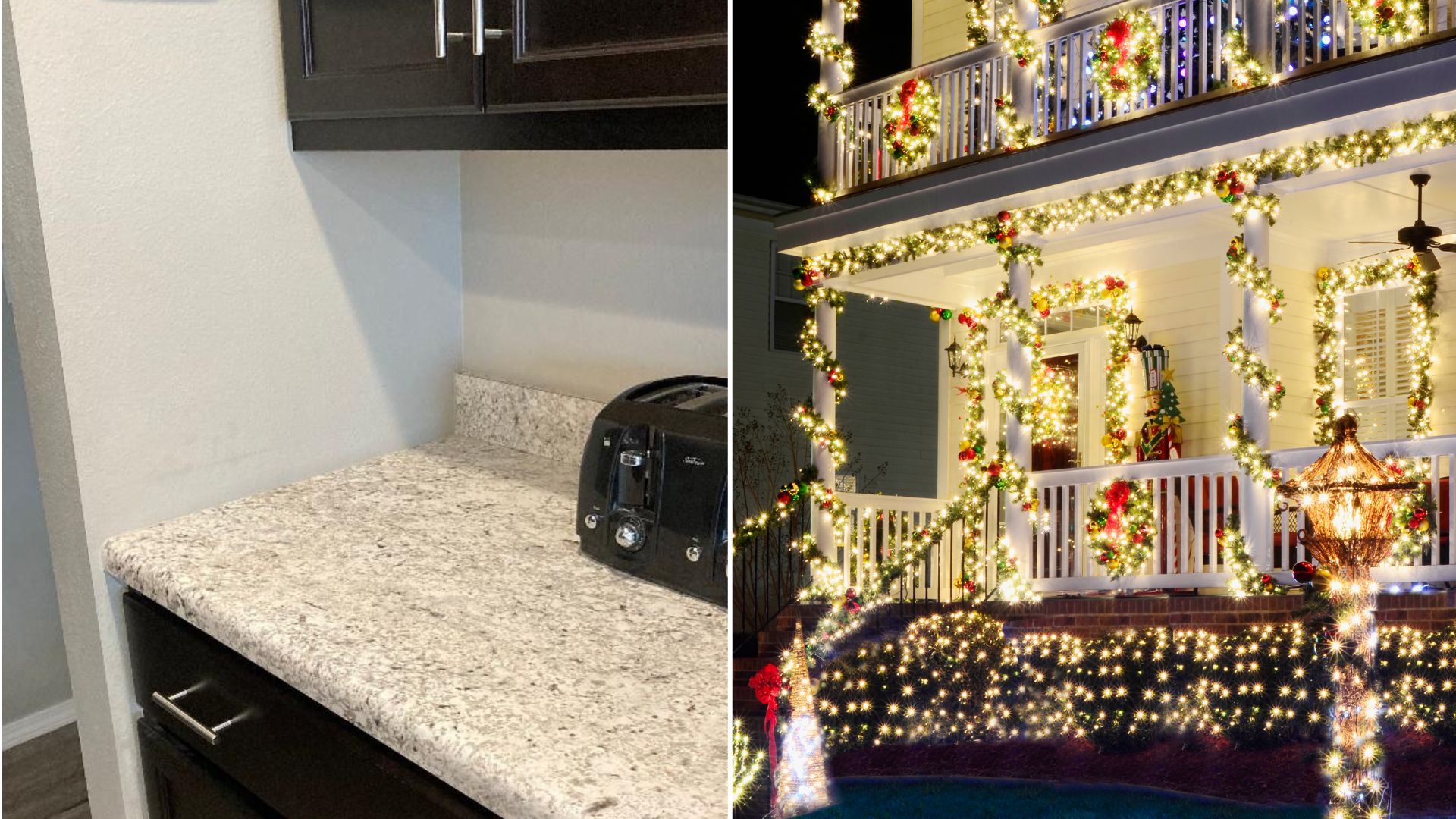
This week, Artie McGowan, master plumber and owner of Colony Plumbing in Mobile, Ala., joins me to provide solutions to some of the most common plumbing problems, like low water pressure and clogged drains.
He’s a long-time friend of mine who’s also done hundreds of jobs for my construction company.

Low Water Pressure
If a homeowner is experiencing low water pressure, what would be the likely cause?
Artie: Well sometimes, it might just be that ol’ cousin Earl parked his truck over your water meter and squished the line. But more often than not it’s something else.
First, take a look at where the problem is. In the kitchen bathroom sink or lavatory, sometimes debris comes up through the water and gets into the faucet aerator to slow it down or almost clog it.
Cleaning the faucet aerator should solve the problem.
Some houses are a bit more complicated and have a water pressure-reducing valve that comes right off the meter. When it does, it goes bad over the years. It’s best to let a professional repair this because most of the time it has to be replaced.
If you need to replace a 3/4-inch supply line, is there any advantage to stepping that up to a 1-inch line?
Artie: The best thing to do is to increase it. This will give you a little bit more velocity at the faucet.
When the water’s running through, let’s say if you run it through a small half-inch line, once the fixture starts delivering that water, the pressure drops really quickly.
The larger pipe you have, the more volume of water you have. It’s less likely to drop in pressure, especially if it’s a long run to the house.
What would you say is the right PSI going to a house?
Artie: The optimal water pressure I prefer is 75 PSI on a three-quarter line. Most city water is about that PSI, some of it is in the 60s and 50s, depending on how new the system is.
On wells, most of the time it’s about 45 PSI, but you can increase it. A well has a pressure holding tank, so you can have a little bit lower pressure at the pump, but that tank will keep it up.

Slow Draining
We get a lot of questions about how to fix a slow-draining sink or tub. What is the common cause?
Artie: If you run the water and it backs up immediately, the clog is between the top of the sink and the bottom of the trap. It’s more likely hair catching on a trip lever that operates the pop-up valve. Easily fix this by removing the pop-up valve and pulling the hair out with needle-nose pliers.
Watch: How to Remove Standing Water From a Clogged Sink
But, if you run the water and it takes about 30 seconds for it to fill up, the problem is down the line in the drain. It could be five, six, or 10 feet away from where you are. If that’s the case, you use a liquid drain cleaner with high sulfuric acid content. You can easily find this type because it’s packaged double — in a bottle and also in a bag.
Follow the directions, and wear the proper safety equipment, like glasses and gloves. You should let it sit in the drain for about 30 minutes.
If it doesn’t work, then call a professional to route it out with an auger.

Running Toilet
Another common question we receive is that their toilet seems to be constantly running. What’s the cause/solution for that?
Artie: This means there’s a problem with the flush valve, the apparatus that holds the flapper.
Most times, you need to replace the flapper, but sometimes it could be a crack in the flush valve and water is finding its way into the bowl.
You can do the food coloring test to check for leaks. Then, you know the problem is in the flush valve and flapper area.
There are many products out there that make flapper replacement easy. For instance, Fluidmaster’s 502 PerforMAX Water-Saving, Adjustable Flapper offers a customized flush. To use it, you just have to turn the dial left for more water per flush, or right for less, depending on your needs.
Watch: How to Fix a Running Toilet
The good thing about plumbing today is that it’s become so user-friendly because of products like Fluidmaster’s. I use their flappers, fill valves and flush valves often because I’ve had so much success with them.
Further Reading










